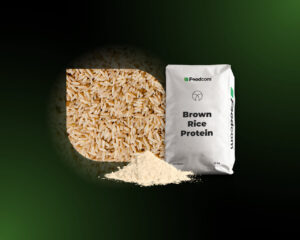- Record heat waves of up to 40 degrees have been recorded in China.
- Both spring and summer in the country have been fraught with heat this year.
- The high temperatures are damaging early rice crops, as well as cereals, maize, cotton and soybeans.
- The problem is affecting both China and other countries, including Japan.
The weather situation and the rice harvest in China
This year China experienced its warmest spring since 1961, followed by the hottest May and weeks of drought in the central agricultural region. Extreme heat at the beginning of August hit many areas of China, with temperatures as high as 40 degrees Celsius. This is having a huge impact not only on the metropolises, where demand for electricity and the load on electricity grids is soaring, but also on rural and agricultural areas.
Increased irrigation of fields is required, but this does not always prevent crop damage. The heat has particularly haunted provinces such as Hubei, Hunan, Jiangxi, Anhui and Zhejiang, with the early rice crop currently being most affected. Problems with the rice crop are not only affecting China, but also Japan, which is suffering from increased demand for rice, production shortages and high prices. Rice quality has also declined due to a nationwide heat wave and drought affecting yields.
Record heat in China
As early as the beginning of July, the China Meteorological Office (CMA) warned that prolonged heat waves could occur in the coming weeks and months, especially in the central, southern and eastern areas of the country, as well as in the north-western region of Xinjiang. Such extreme weather conditions could threaten food production, especially in terms of the impact on rice and cotton crops. The heat has also damaged grain crops in the north-west and east of the country, forcing farmers to delay planting maize. This is the second consecutive summer of extreme heat in China. In some areas, temperatures are predicted to be 1.7-2.8 degrees higher than average for the time of year. Climate change may also result in unpredictable heavy rains. Among other things, torrential downpours have destroyed soybean and rice crops in several regions of China.





![The next big thing: Pea and Fava Proteins revolutionize the market! [61st PLANT-BASED Newsletter] The next big thing: Pea and Fava Proteins revolutionize the market! [61st PLANT-BASED Newsletter]](https://foodcom.pl/wp-content/uploads/2023/08/Foodcom_Plant-Based_Newsletter-600x300.jpg)


